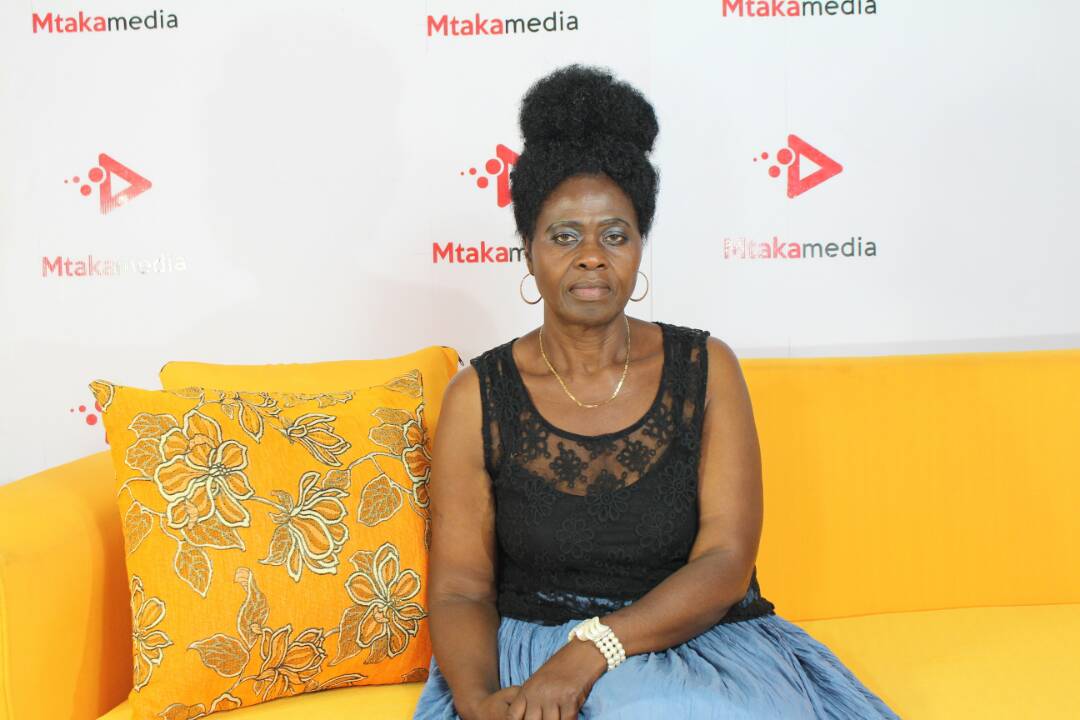By Byron Mutingwende
Mrs Bernadette Warambwa has a colour-illustrated book that encourages healthy eating using resources from our local environment.
Titled “Nutrition from Our Environment” the book contributes towards the promotion of sound nutrition in both rural and urban areas.
“The book is unique in its own ways and displays culinary genius. It is pregnant with creatively prepared dishes; the marriage of contemporary and traditional ingredients from our surroundings.
“The dishes contained in the book are works of creative imagination. They are easy to cook that they can inspire even the most reluctant of cooks. The dishes are nourishing,” said Dr. Perkins Muredzi, the Dean of Industrial Sciences and Technology at the Harare Institute of Technology.
In an interview with Spiked Online Media, Mrs Warambwa said the nutrients in the ingredients used highlight the nutritional benefits of local foods.
“The final section on preservation of food makes a perfect conclusion. The recipes in the book are suitable for everyone who is conscious of healthy eating. The recipes provide energy, which fights stress caused by day-to-day challenges of life. They add zest to everyday meals and they persuade the new generation to appreciate traditional foods.
“Apart from being tasty, enjoyable and nutritious, these recipes are simple, affordable and easily available. Ingredients on the market, locally grown crops, wild fruits and vegetables are creatively combined to great effect,” said Mrs Warambwa.
She said Vitamin A is very essential for health in that it improves appetite and vigour; keeps the lining of the skin, lungs and gut healthy; necessary for healthy skin, good vision and strong bones and teeth; and fights infection.
Sources of Vitamin A include among others yellow maize, carrots, squash, butternuts, melons, spinach, cabbages, pumpkin, cassava leaves, sweet potatoes and wild vegetables like black jerk and nyevhe just to mention a few.
She also said Vitamin C protects us from common colds, assists in the quick healing of wounds, protects the body from infection and is essential for iron absorption.
These come from most fruits vegetables including wild fruits such as matamba, baobab, amarula, grapes and prickly pears or cactus pear.
All vitamins are important including B group, D, E and K. Equally important are minerals, which are inorganic substances present in foods, but they do not have carbon. As a result, they do not provide energy. The minerals, which are of great benefit to us are calcium, iron, magnesium, phosphorous, potassium, sodium, selenium, zinc, copper and iodine.
Proteins are body building substances essential to good health. They originate from animal and plant sources. We need proteins in large quantities because they play an important role in the body.
Carbohydrates are micronutrients, which are the body’s main source of energy. Apart from energy, foods high in carbohydrates are a good source of fibre. They have a low fat content, they are versatile, relatively inexpensive and readily available. There are simple carbohydrates known as sugars and complex carbohydrates known as starches.
Fats and oils are micronutrients, which contain a high percentage of carbon and are a good source of energy. Fats and oils from vegetables are unsaturated and those from animal sources are saturated.
The saturated animal fats contain a substance called cholesterol, which is needed for building up hormones and bile salts. Excess cholesterol in the body can result in chronic health problems in adults.
Dietary fibre is not a food nutrient but it is essential in a balanced diet. Fibre is a carbohydrate cellulose. There is soluble and insoluble fibre. Soluble fibre binds water in the gut so it reduces diarrhoea. Insoluble fibre can not be digested by human beings. It is vital for healthy, regular bowel movements because it stimulates movement of the intestines.
Water is one of the most important dietary substances. It has no energy but has mineral elements. We need water in our bodies; at least 8 glasses every day. We lose water from our bodies through urine and sweat, when we have a fever or diarrhoea and through vomiting. Without water in our bodies, the whole metabolism stops.






